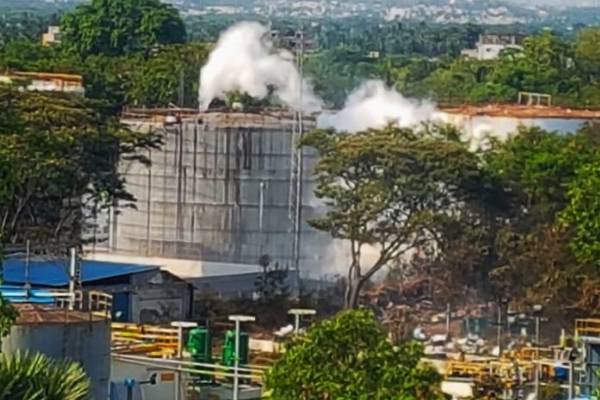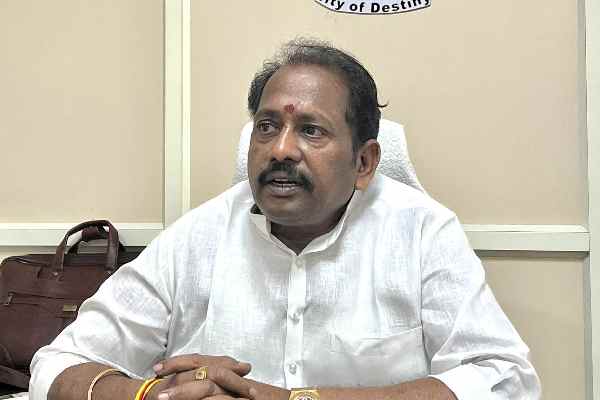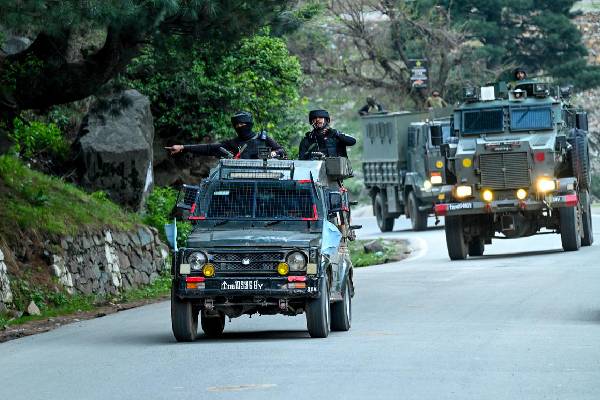A study is on over the impact of the gas leak from LG Polymers on the overall environment in the surrounding villages while authorities have sent samples from water bodies including a major water reservoir for analysis amid public apprehension that they were contaminated by chemical toxins.
Following the Styrene gas leak from the chemical plant that killed 12 people and affected hundreds of others on May 7, authorities stopped drinking water supply from Megahdrigedda reservoir, one of the sources of water for the port city.
The Greater Visakhapatnam Municipal Corporation (GVMC) said the supply from Meghadrigedda was stopped immediately as a precautionary measure.
“The water will not be drawn from Meghadrigedda till tests are conducted and it is proved that the water is safe for drinking,” GVMC Commissioner G. Srijana said.
She, along with officials from the regional water testing laboratory, inspected the reservoir on Sunday.
Water from Mudasarlova, Yeleru and Thatipudi reservoirs is being used to meet the city’s requirements.
Officials said since Meghadrigedda caters to the water needs of only a few areas, the stoppage had no major impact on the supply.
Locals claimed the reservoir was affected due to leakage of chemical toxins from the plant as layers of particles were seen floating on it and it also resulted in the death of fish in the water body..
The gas leak is reported to have polluted other water bodies in five villages surrounding the plant. The samples from all water bodies were collected and sent for analysis.
GVMC officials said the impact would be known only after the receipt of the rest results.
Meanwhile, a team of experts from CSIR-National Environmental Engineering Institute conducting an environmental impact assessment of the gas leak has suggested that water tanks in the affected areas be emptied out and cleaned thoroughly.
Villagers, who would be returning home later in the day, have been advised not to use the provisions, including groceries, which were left out in the open.
Officials have declared the five villages safe for the return of their residents. However, there are apprehensions over the extent of the impact the gas leak had on the environment.
Some experts said the bacteria from the dead cattle and other animals could pose a health hazard for the residents upon their return.
The people are also worried over the impact the chemical toxins could have on the quality of groundwater. A huge quantity of water was sprinkled on the leaking tanker in the plant for the last five days to keep its temperature under control. Water was also sprayed in the villages to reduce the gas density in the air.
Locals said this water could have polluted the groundwater as well as flowed into water bodies around the villages.
Meanwhile, Agriculture Minister K. Kannababu said the state government has constituted a committee of medical and health experts to study the impact of the gas leak on the health of the public.


































